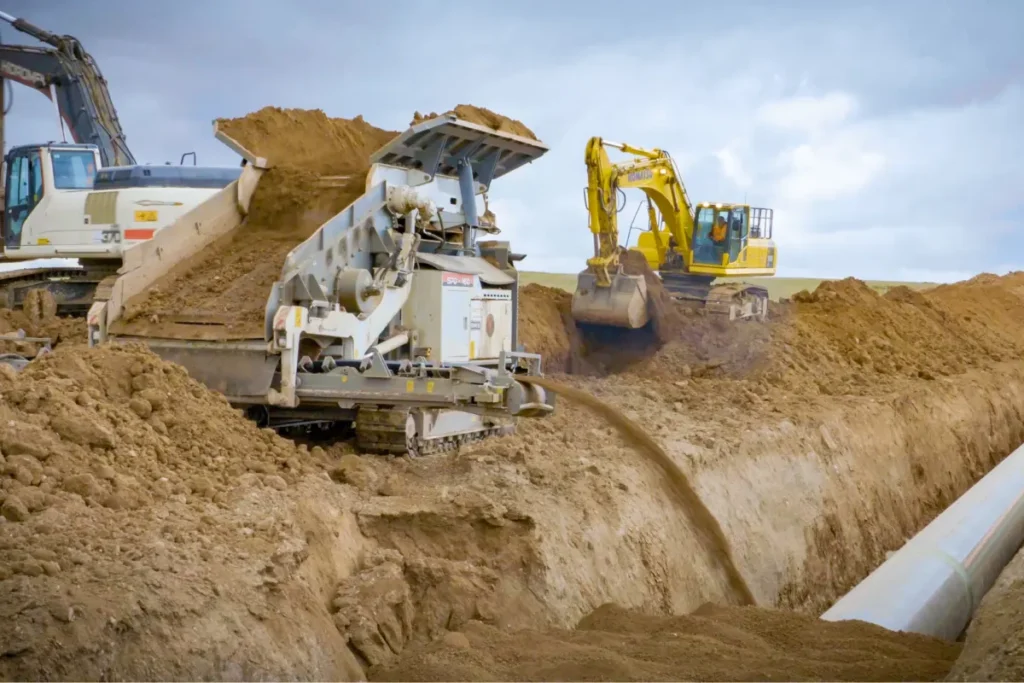On Thursday, January 5, the Minnesota Public Utilities Commission (PUC) unanimously voted to require an Environmental Impact Statement (EIS) as a necessary component of the permitting process for Summit Carbon Solutions’ (Summit) carbon dioxide (CO2) pipeline. In doing so, the PUC denied Summit’s attempt to fast-track the review process of its hazardous CO2 pipeline project and agreed with CURE (Clean Up the River Environment) and the majority of organizations, tribes, and individual Minnesotans who weighed in during the recent comment period requesting a rigorous environmental review.
“We’re very pleased with the PUC’s decision to order an Environmental Impact Statement (EIS). The process will ensure a detailed review of the proposed project’s potential environmental, human, social, and economic impacts while providing opportunities for public engagement,” said Sarah Mooradian, CURE’s Government Relations & Policy Director. She continued, “As a number of the Commissioners noted, the public must be able to trust that the PUC is carefully assessing the impacts of this new kind of project, and an EIS offers a far more robust analysis than what Summit was arguing for.”

In mid-September, Iowa-based Summit submitted its first route permit application to the PUC for the Otter Tail and Wilkin Counties section of its proposed Midwest Carbon Express CO2 pipeline network in Minnesota. This portion of the pipeline would connect the Green Plains ethanol plant at Fergus Falls with a larger multi-state network of pipelines as part of a $4.5 billion project that aims to capture CO2 emissions from dozens of ethanol and other industrial facilities throughout the Midwest.
CURE also expressed concerns about the PUC’s decision to deny a petition for review of the entire geography of the CO2 pipeline project in the state. In November 2021, CURE submitted a Citizens Petition on behalf of hundreds of Minnesotans requesting review of the more than 234 miles of highly pressurized CO2 pipeline proposed by Summit for Minnesota. The PUC dismissed that petition without addressing the concerns about the wider, cumulative impacts of the project.
According to Peg Furshong, CURE’s Programs Director, who has been organizing landowners and other community members who the pipeline will directly impact: “The Commissioners emphasized that they were listening to the voices of the many Minnesotans who are alarmed by Summit’s attempts to bring this hazardous project to Minnesota. So, it’s perplexing that they ignored those Minnesotans who brought forward concerns and questions about the impact this large-scale pipeline network will have throughout the state. Taking this piecemeal approach runs the risk of missing the cumulative impacts of this 230-mile-plus project.”
The process of environmental review will provide a number of opportunities for public engagement in the form of public meetings and written comment periods, which are essential to ensuring that the process reflects the range of issues and concerns that Minnesotans want to see addressed. Once completed, the EIS is intended to inform PUC, and other state agency permitting decisions but does not guarantee project approval.


